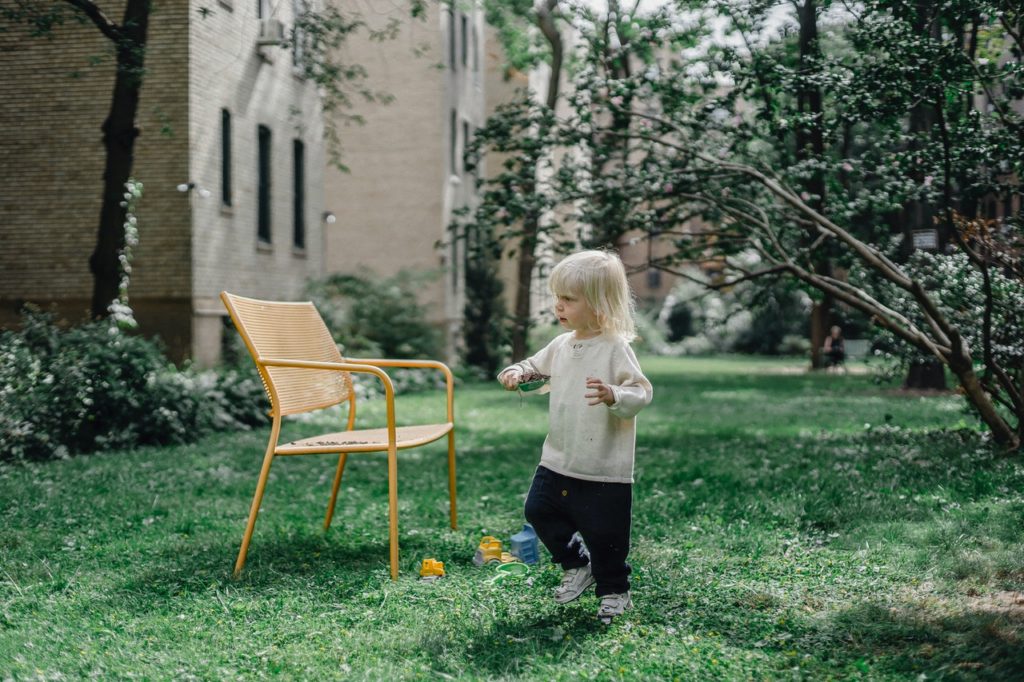Sustainable living is not a fad. It’s a lifestyle change that everyone needs. One of the main goals of sustainable living is to help the environment. And it’s clear to see that the environment is in dire need of help. A study conducted by the World Wildlife Fund (WWF) warns that if we don’t make changes in how we live today, the planet will be stripped of its ability to support life. By the year 2050, the Earth will have reached its capacity. It will no longer provide every human being with enough food and water for us to survive.
No wonder rich people are so eager to find life on a different planet. Because rather than changing their extravagant lifestyles. (That is the cause of most damage on the planet.) They would rather fund research on living on another planet instead of saving the world they already have. The richest 1% has an average carbon footprint 175 times biggerthan the poorest 10%. Living on another planet is a much more difficult and exclusive “solution” to our problems. Choosing to live a sustainable life is a much more realistic and inclusive solution. That is why we must teach our kids how to live sustainably so that we all still have a life past 2050. Here’s how we can encourage our kids to live a more sustainable life:
-
Segregate at home.
Teaching your kids how to segregate is one of the most basic ways to teach them about sustainability. Remember, kids usually learn by observing and copying the people around them. So lead by example and segregate your wastes at home. You can either separate your bins by biodegradables and non-biodegradables. Or be more specific and separate your containers by plastics, papers, and food waste. Aside from teaching them how to segregate properly. You should teach them more importantly about recycling. For example, if the papers aren’t soiled, and it still has blank areas on the page. Encourage your kids to make use of the empty areas for to-do lists, doodles, or writing notes. If there are plastic bottles, make use of them by turning them into planters.
-
Educate them on ethically-sourced clothing.
It’s good to teach your kids early on about ethically-sourced clothing. Kids love to ask questions. So if you tell them, it’s important to recycle or to wear ethically-sourced clothing. You have to be prepared to explain why. Don’t forget to explain what it means for things to be ethically-sourced. The more you explain to them and educate them on these things. The more likely they will follow. Of course, you can’t just educate them on these things. You’ll have to practice what you preach by buying them ethically-sourced clothing. PurityHut is an online store of ethically-sourced and sustainable clothing and accessories. You can also teach them about buying second-hand clothes which are also sustainable.

-
Teach them how to reduce waste.
Aside from segregating their wastes, you should also teach them how to reduce waste. That includes teaching them to save water. Not leaving the tap on. Using reusable water bottles at school and bringing lunch boxes. Instead of having to buy juice boxes or bottled water at school. Teach them how to save energy as well. Remind them to turn off any lights and appliances that aren’t being used. Educate them about how important it is not to waste resources.
-
Show them how to grow plants.
Teach your kids how to grow plants and how to compost. Not only will it be a lesson on saving the planet. It’ll also teach them about patience and the importance of life. It’s also a fun and less tedious way to teach your kids about sustainability. Kids love to do things with their hands more than they like listening to lectures. So if they’re getting bored with all the lectures about segregation, bring them out to the garden. Let them experience getting their hands dirty by growing plants themselves. It can be a great hobby for them and a great bonding moment with you.
-
Take them to a zoo, aquarium, or nature center.
Another fun way to educate them is by bringing them to the zoo, an aquarium, or a nature center. Let them see the animals that they’re saving by living sustainably. Nature centers aim to educate visitors about how our lives affect animals. And what we can do to take better care of them.
A parent’s goal is to raise their kids, not to be perfect, but to be kind and caring human beings. To be adults that care for others, the planet, and for every living being. Our children will be adults by the time it’s 2050. By teaching them how to be sustainable now, we give them a better chance of surviving in the future.



















